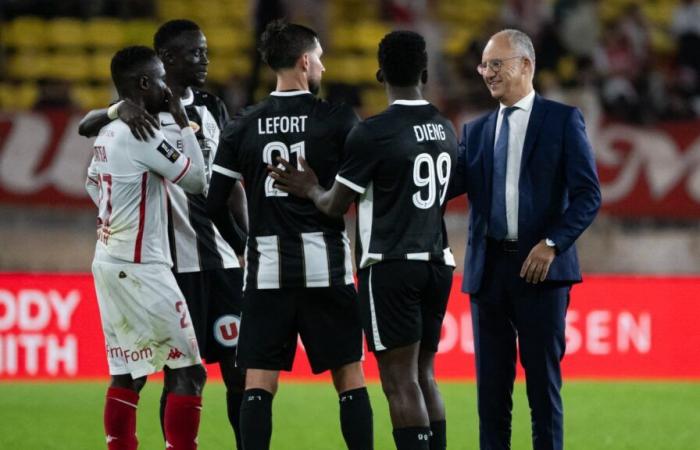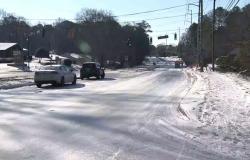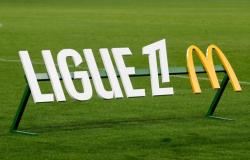
Impacted by significant cash flow problems during a period of TV rights crisis, the Angers SCO has (provisionally) only paid 40% of January salaries to its players. A situation symptomatic of the difficulties encountered by clubs in finding funds, even in the elite.
The announcement caused a lot of talk and brought French football players back to reality. In Angers at the beginning of January, the players only received 40% of their December salaries, due to cash flow problems. Management explains, in L’Equipe, that the Cosnelle group (also owned by Saïd Chabane) had to inject money into the club.
Which should be done in the middle of the month. Still, the situation is a reminder that the TV rights crisis can have serious consequences for clubs, even if at SCO, the situation is supposed to return to normal.
The club’s other employees, moreover, were paid. “For administrative staff who earn 1,500 euros net, it would have been complicated. The group accepts it and has known it from the start,” we explain internally, where we underline a “great state of mind”. The Angevins do not receive match bonuses. “It’s logical, employees have to pay their rent and fill their fridges. There’s no need to panic,” says an agent.
-“Everything to avoid getting there”
“We are never sure of anything, we do everything not to get to that point,” underlines Jean-Michel Roussier, president of Le Havre. His club is also on the edge, which presented the DNCG with a deficit of around 10 million euros in November. The body prohibited the Normans from recruiting for consideration and imposed a control on the payroll.
The HAC is very careful with its spending and the transfer window could give it a little breathing room. Christopher Operi (Istanbil Basaksehir) and Steve Ngoura (Cercle Bruges) have already left. And the HAC specifies that no player is unsaleable, and will only recruit if it is necessary to replace a member of the squad. Montpellier, another club where the accounts are in the red, is not cutting back on salaries. But the proof with Angers: the risk still exists.





